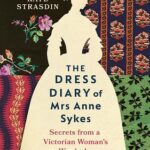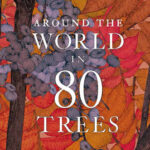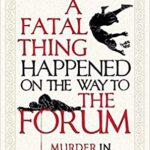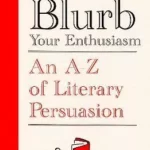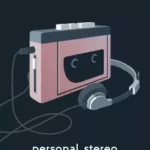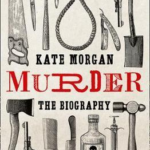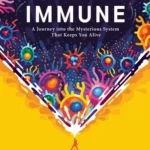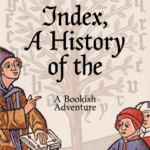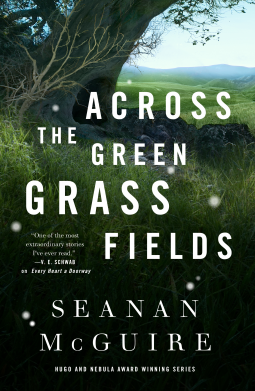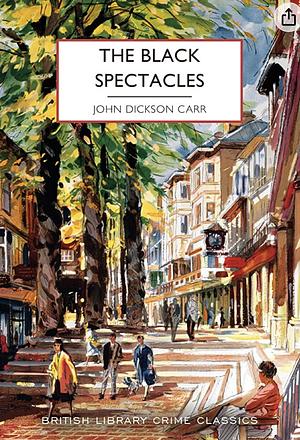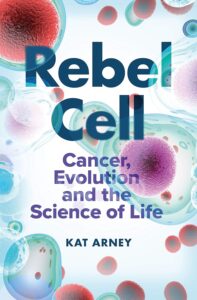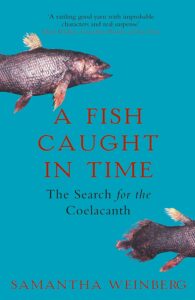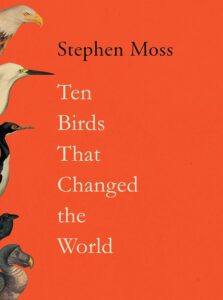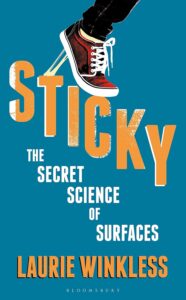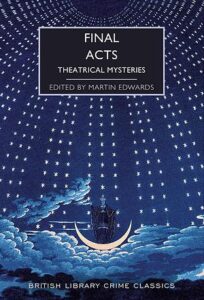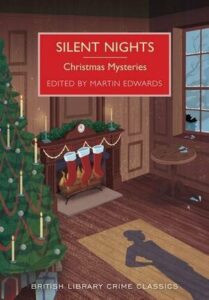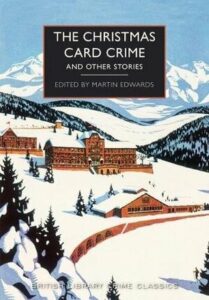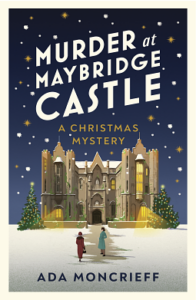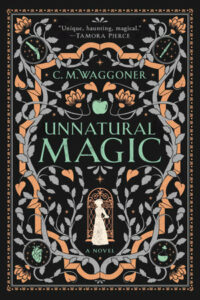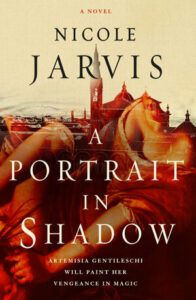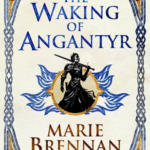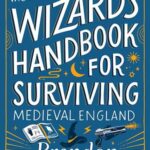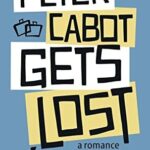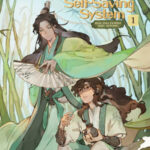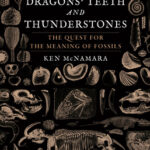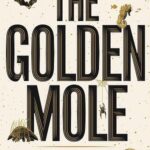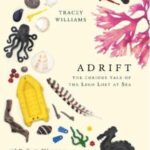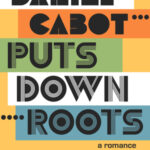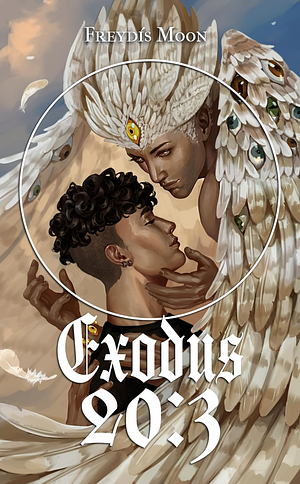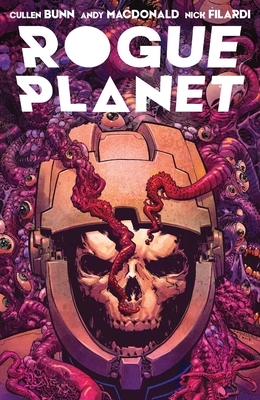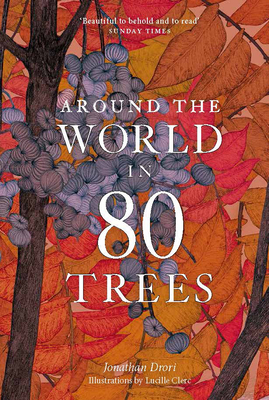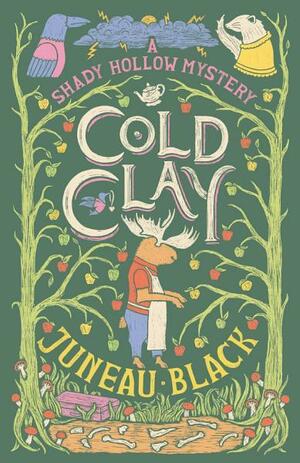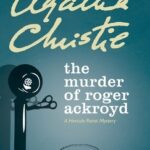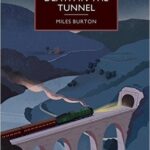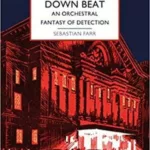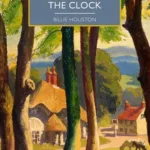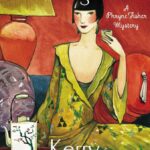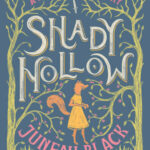It’s Top Ten Tuesday again, and this week’s theme is a freebie. I get comments now and then on how much non-fiction I read and how random some of my choices are, so this list is about the non-fiction books I’ve loved! It’s a topic I know I’ve covered before, so I’ll try to keep it to recent-ish reads. I’ll link the review, where I have one written.
I know that thumbnails of book covers are missing from some of my older posts. It’s probably been an error since I migrated to my new blog host, and we’re working on it. Sorry about that! Where a thumbnail is missing and you just see the fallback text, you can click on that to see the actual image if you want to check out the cover.
As a side-note, I’m behind on replying to comments and visiting people back, but I’m working through it steadily, I promise!
- Overkill: When Modern Medicine Goes Too Far, by Paul Offit. I’ll start with the book I just absolutely inhaled last night. I was worried at first that this was going to be some kind of anti-medicine, unevidenced rant, but Offit is very careful to refer to specific studies and to specific numbers and stats from those studies. His introduction indicates that he wants to be fact-checked, and a quick skim through the topics reassured me a bit as well. Having read it now, I might not 100% agree (I need to read some of the original sources first), but the evidence he presents is definitely food for thought. I think doctors should read this, for sure, but patients should as well in order to be informed. In the end, I worry that it may erode a little too much trust in doctors (if a doctor tells you that you must keep taking a medication even though you feel better, it’s probably true), but it’s an important wake-up call.
- The Dress Diary of Mrs Anne Sykes, by Kate Strasdin. I haven’t actually finished this yet, but I’m enjoying it very much. Mrs Anne Sykes was a newly married Victorian woman who kept a record of her clothes and the clothes of people special to her through pasting in scraps of cloth. Kate Strasdin is an expert on the history of fashion, and has also dug deeply to find out who Mrs Anne Sykes was, so the book is a mixture of general social history, fashion history, and zooming in to look at the life of one person.
- Around the World in 80 Trees, by Jonathan Drori and illustrated by Lucille Clerc. This book (and the companion, Around the World in 80 Plants) is just beautiful, thanks to Clerc’s illustrations, and each mini-biography of a tree has interesting titbits about the trees, where they come from, how they’re used, and/or where they live now and why. If you’re interested in plants and trees particularly, or just curious enough to read anything, I recommend this. The illustrations are beautiful, and it’d make a good gift, too.
- A Fatal Thing Happened on the Way to the Forum, by Emma Southon. Ever been curious about murder in Ancient Rome? Before I read this book, me neither, but Southon’s humour and fascination with the topic carries the book. It’s a fascinating angle for a history of ancient Rome which reveals a lot about the lives and attitudes of the Romans, and I recommend it highly.
- The Good Virus, by Tom Ireland. We are approaching a crisis of anti-microbial resistance. For some infections, it’s already here. The Good Virus has some suggestions about where we go from here, with the help of viruses — to be more accurate, very small viruses that kill bacteria, called bacteriophages. They’ve been used for decades in some parts of the world, but they’re hard to regulate, hard to test in the kind of gold standard settings designed for non-living pharmaceuticals, and as such, rolling them out to people has been a big ask. Still, as someone who’s studying for my MSc in infectious diseases, we need them, and Ireland sets out to convince people of that.
- Blurb Your Enthusiasm: An A-Z of Literary Persuasion, by Louise Willder. Willder is one of the people who writes blurbs for the books we read, the short and informative summaries of plot or the kind of information you can find in books. It’s been her job for years to tantalise and entice, and this is her book about that. I didn’t find any of that part surprising, but I really enjoyed her writing style.
- Personal Stereo, by Rebecca Tuhus-Dubrow. This is a book from the Object Lessons series, and I could happily choose half-a-dozen of those titles to include here, but I’ll stick to just this one, where I really got hooked. I love the idea of focusing in on a single object and figuring out its history, and sometimes relatively modern items — like a personal stereo or a fancy toaster — can have a surprising history. I found this particular book from the series a particularly easy read, despite having no actual interest in consumer electronics and the history thereof per se.
- Murder: the Biography, by Kate Morgan. This is a history of murder (mostly in the United Kingdom), illuminating how our laws about murder ended up the way they are through the historic cases that led us here. Each chapter is illustrated by at least one real-life case, usually more than one, which helps to explain both the law and the cultural reaction at the time which shaped it. It’s not just old brutal murders or something, but also modern issues like Grenfell. I have no particular interest in the law for its own sake, but of course this sheds light on my beloved mystery fiction too, and I’ve also handed my copy on to my sister (who studied law) because I think she’ll find her own interest in it.
- Immune: A Journey Into the Mysterious System That Keeps You Alive, by Philipp Dettmer. This book is beautifully illustrated, and goes through the way the immune system works from the basics to stuff I hadn’t been taught yet (bearing in mind that I’m doing an MSc in infectious diseases, that came as a surprise!). It’s very easy to read, everything is very well explained, and I have a terrible habit of trying to convince everyone that they want it because I was myself so fascinated with it. Did you know that some of our white blood cells, called neutrophils, can create a sticky net that captures invading pathogens? They do it by extruding their own DNA in big loops. We only discovered this in 2004, and learning about it in this book made me want to dance with fascination at how our bodies work.
- Index, a History of the, by Dennis Duncan. I know, I know, a history of indexes doesn’t sound too fascinating: aren’t they just a way of finding the information you need in a non-fiction book, often a textbook? Can there really be much to say about them? The answer is yes, and Duncan makes it a fun read. Also, you’d be surprised — someone has, in fact, managed to use an index to further their feud with someone else, which honestly gave me a giggle.
There! I tried to bring to this list some of the weird randomness of my own reading, jumping from topic to topic in a way that may not make much sense, but works surprisingly well to ensure that I have interesting background to a lot of things. I know some people prefer to read only about their pet topics, but I mostly just let the random searchlight of my interest pick out things that I don’t know, and then learn about them. I hope there’s something of interest here for others!

